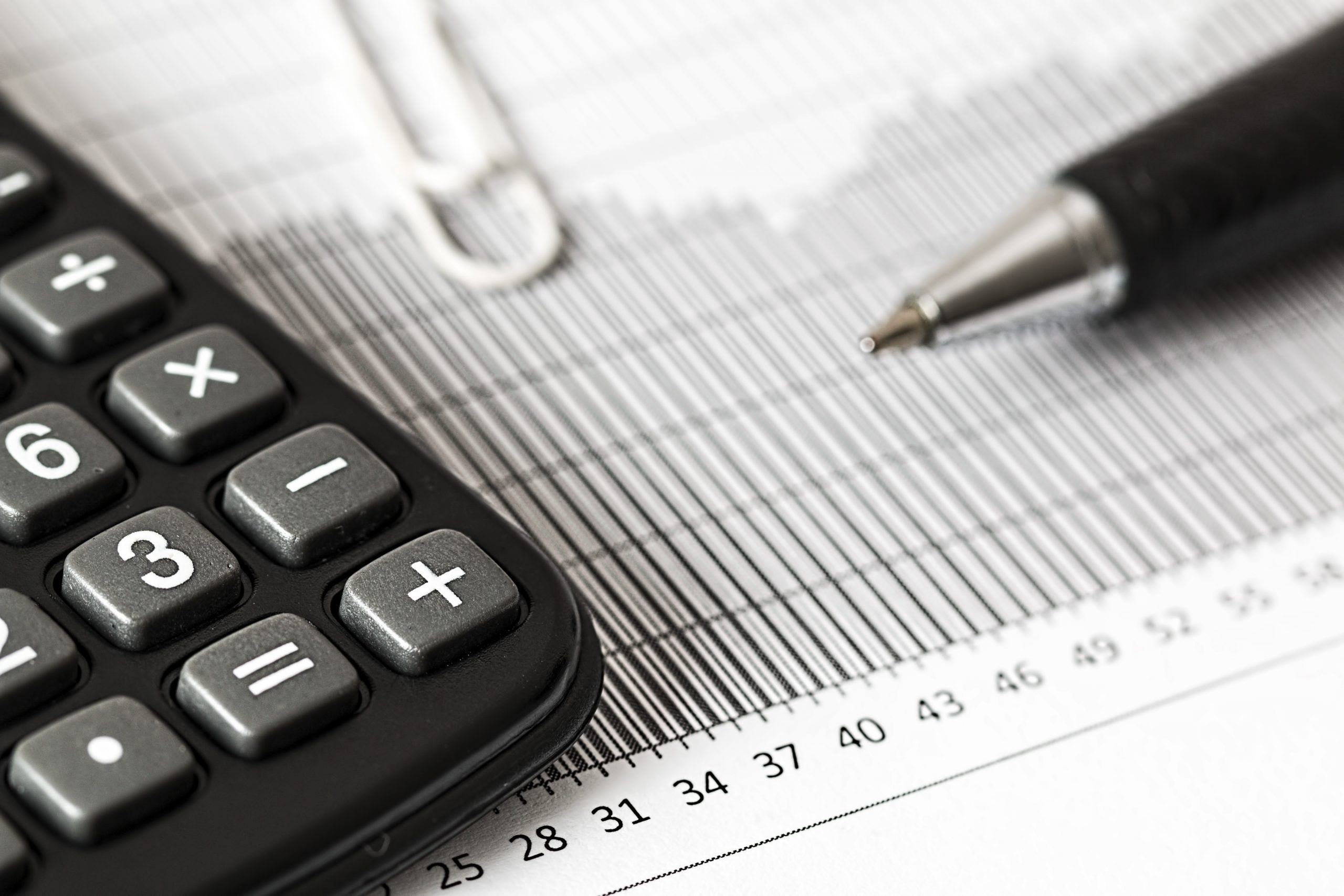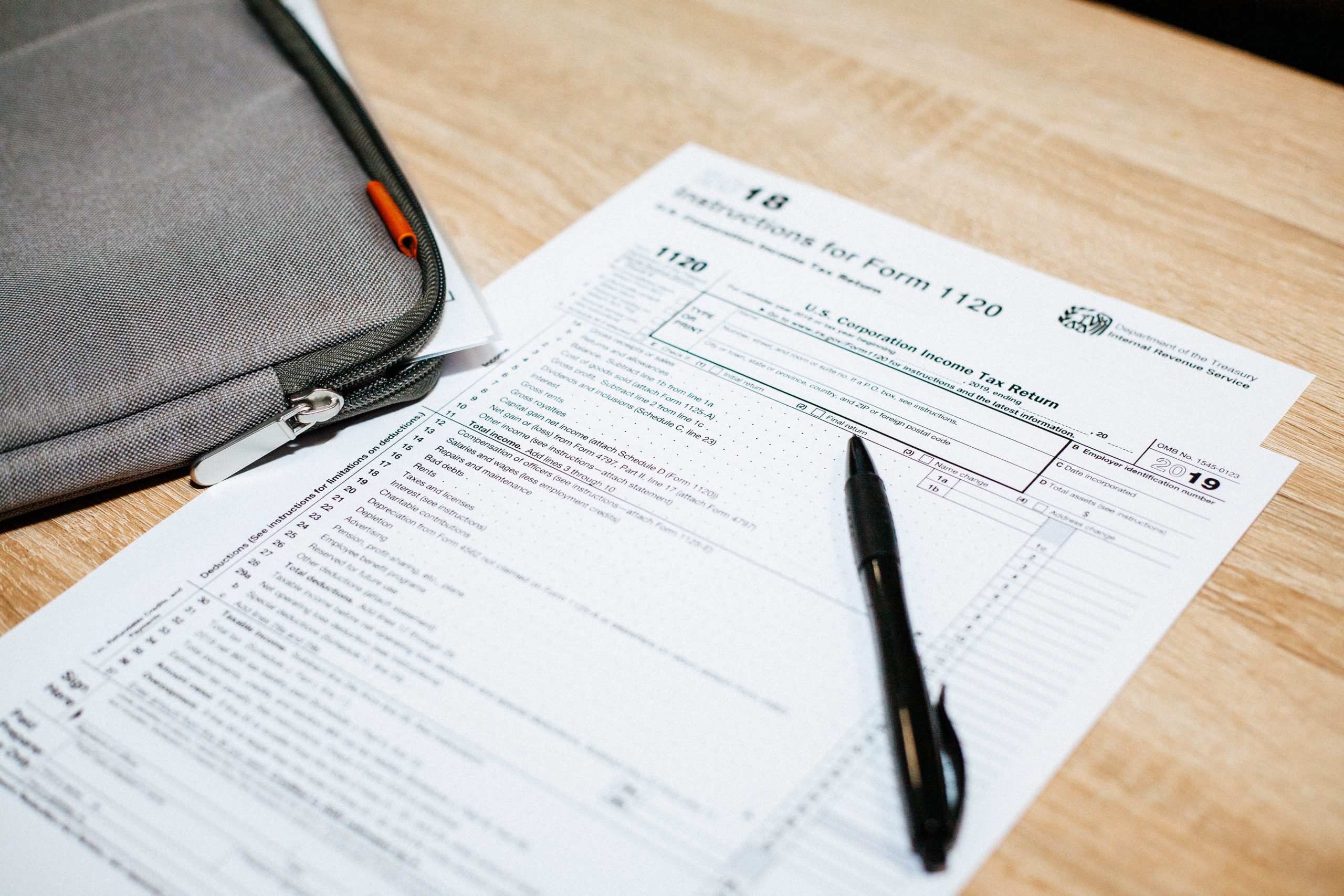
Tax code BR is one of the most common UK tax codes but very few people seem to know what it is?
The code is normally used temporarily when you start a new job until your employer has all of the necessary information to give you a correct tax code and apply the correct income tax deductions.
The BR code is not necessarily wrong but needs to be checked to make sure you’re not overpaying tax.
What does the BR tax code mean? How much tax do I pay if I have a BR tax code?
Therefore, a personal allowance is not being applied to this income. The personal allowance is the tax-free amount you can earn before paying income tax. This is currently £12,570. (for the tax year 2021/22)
The difference in tax deductions from your income when someone is on a BR tax code as opposed to the typical 2021/22 tax code 1257L can be substantial.
Example
David works as a postman and earns £20,000 per annum before tax. With a BR tax code, BR David will pay income tax (PAYE) of £4,000 over the year. If paid monthly his net pay before national insurance would be £1,333.33.
With a tax code 1257L, David will pay an income tax (PAYE) of £1,486 over the year. If paid monthly, his net pay before national insurance would be £1,542.83.
How Is Tax Code BR Different From Tax Code 1250l?
The difference between the BR tax code and the more common 1250l tax code is that people with the BR tax code have their income taxed fully at the basic rate (20%) for a particular income, whereas with the 1250l tax code, they have a tax free allowance (currently £12,570 2021/22 tax year) which is not taxed.
What Should My Tax Code Be If I Hold Multiple Jobs or Have Multiple Streams Of Income?
In the example above, we stated an example with someone who has one job with an income of £20,000. If there are multiple income sources it becomes a little more complex.
Each income source will have a different tax code. Therefore if you have 2 employments, private pension, and the state pension, you would have 4 different tax codes.
Further to our example, if David had 2 sources of income both earning him £20,000 per annum he would have 1 source of income with tax code 1257L and the 2nd with a tax
code BR.

Why have I been assigned a BR Tax code?
There are various reasons why you may be on a BR tax code including:
1. EMERGENCY MEASURE: You have been given a BR tax code as an emergency measure in a new job because your employer does not have enough information to give you the correct code. In other words, you probably haven’t given your new employer a P45 or completed P46; which is the most common reason for people to be issued with a BR code.
2. EMPLOYMENT STATUS: Going from self-employment into PAYE employment.
3. ADDITIONAL INCOME: Having an additional income, such as a second job or pension. UK taxpayers only receive 1 personal allowance. This is typically allocated to your main job/income which is the highest amount you earn each year. So, this is the source of income that would have the tax code 1257L.
As your main source of income is using the personal allowance, any additional income need to be given a tax code without a personal allowance. Hence tax code BR is used.
So, if you have multiple sources of income you are likely to have at least 1 source with a tax code BR.
Are you a Higher Rate Taxpayer with a BR Tax Code?
If you pay tax at the higher rate, you might be underpaying tax if you have a BR code and normally have a D0 tax code.
The basic rate allowance (including personal allowance) for the tax year 2021/22 is up to an income of £50,270. If your income is then expected to exceed this, you may need to be allocated a tax code D0 or D1.
Tax code D0 is used to tax income at the higher rate. This is income between £50,270 and £150,000.
Tax code D1 is used to tax income at the additional rate. This is income over £150,000.
The D0 & D1 tax code can also be issued on a cumulative basis and on a week 1 / month basis.
Underpaying tax can cause significant problems for taxpayers, as HMRC may not notice the issue for a couple of years, but when they do, you will have a sizable amount to pay back to them.
How Is Tax Code BR Different From Tax Code D0?
Tax codes BR & D0 work in a similar way, as in they both indicate to HMRC you should be taxed without applying the annual tax allowance allowance to your earnings from a specific stream of income.
The D0 tax code means that you pay tax at the higher rate of 40% on all of your income(as opposed to the 20% with a BR tax code). For example if you earned £70,000 in the tax year, and your employer has applied a D0 tax code against your salary you will be deducted £28,000 in income tax.
What Does Tax Code BR Cumulative Mean?
BR Cumulative means your tax is calculated on your overall year-to-date earnings. The tax due on each payment is determined after taking into account any tax you’ve already paid this year and how much of your accumulated tax-free personal allowance has been used.
What Does Tax Code BR NonCum Mean?
BR Noncum means that you will be paying a straight 20% tax on your gross earnings from the date the tax code is issued.
Is it possible to get my BR tax code changed? What is the process for getting the code changed?
If you suspect that you have an incorrect tax code. You can give your employer your P45 or a
completed P46 and they should be able to make the correct amendment to your tax code or you can phone HMRC directly on 0300 200 3300.
See other ways to contact HMRC about an incorrect tax code by following link – Contact HMRC. You will need your national insurance number. They will then ask you what sources of income you have and how much you expect to earn on each source. This information will allow HMRC to ensure that the tax codes are correct.
Incorrect tax codes will mean that you have either overpaid or underpaid tax. As a result, we strongly recommend that you don’t delay in contacting HMRC.

Can I get a Refund On Tax Code BR? How Do I Claim It?
If you have incorrectly been allocated a BR tax code you must get your code corrected as soon as possible. Otherwise, you’re likely to be paying too much tax, because you’re not getting your correct allowance.
When your code is changed, any overpayment of tax for that tax year is repaid through your salary.
If you’ve had a BR tax code during the last year, or any of the previous four tax years, you could be owed a refund for these years as well.
Looking For Assistance With Tax Preparation or Tax Refunds?
Claim My Tax Back carry out a full tax reconciliation service for the present tax year and previous 4 tax years when you apply for any of the elective tax breaks from our website.

